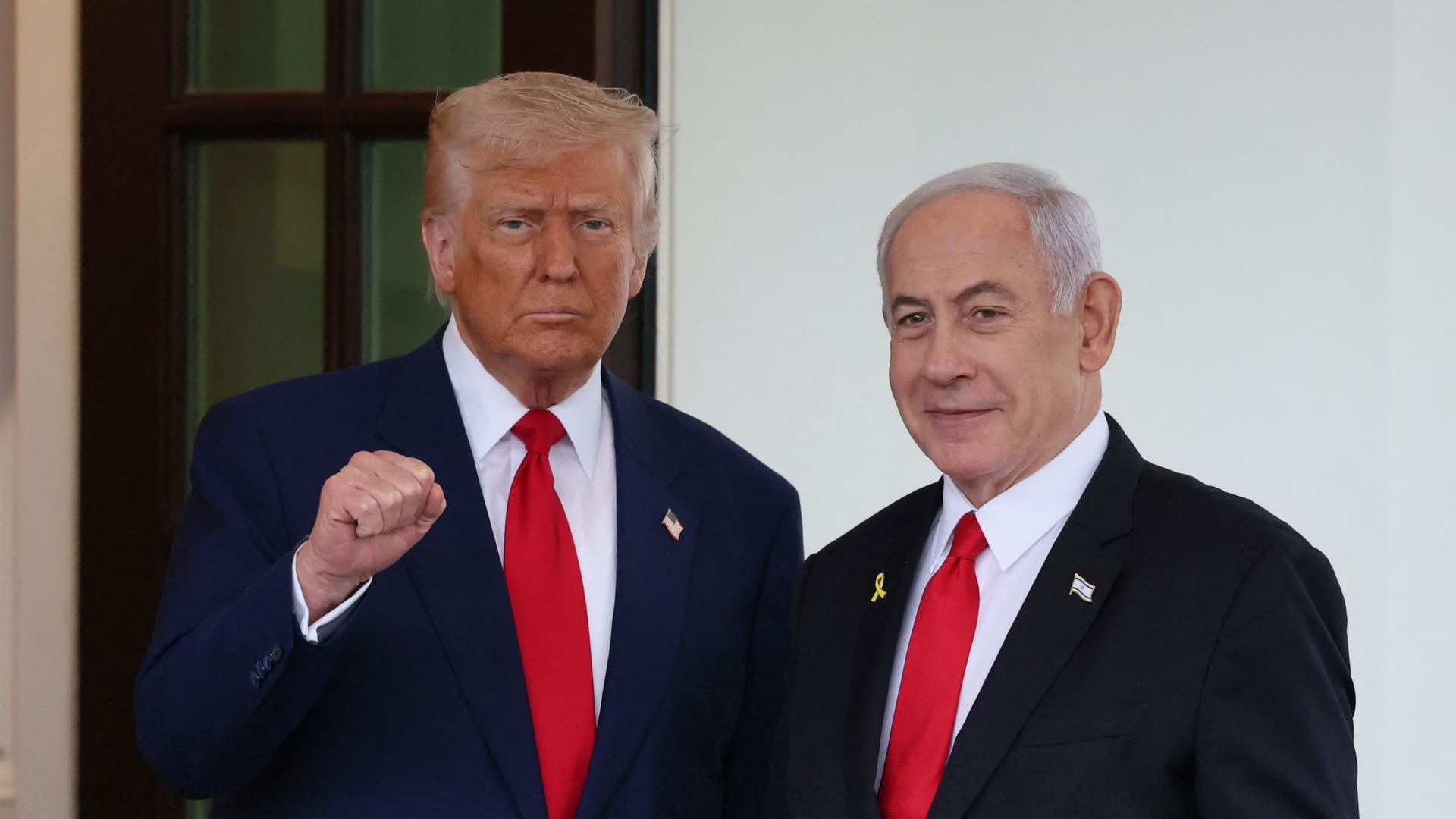
Those who are able to continue their journey generally hop away on the public buses parked near the pier, while some migrants remain in Necocli, often due to a lack of funds.
Pastor Jose Luis Ballesta Mendoza, 57, helps run a food hall for those who remain in Necocli. His church has provided a hot lunch and psychological care for passing migrants for the last five years.
“The migration that was going northward has changed,” he said. “They are coming back.”
As he spoke, he forged onward with his work. His fingers fluttered over the keys of a laptop.
“We started the year with a small number of migrants, but this has been increasing,” he explained. “Every day, we are attending to around 120 or 130 people.”
In his food hall, families huddle over hot plates brought from the kitchen. Steam curls upwards amid the hungry chatter of knives and forks. A free meal goes a long way, especially for those left destitute from the expense of migration.
“We’re returning to the same place that we sold everything to leave,” said one Venezuelan man, 36, who also asked to remain anonymous.
Behind a fringe of dark hair, his eyes moved between his wife, 33, her son, 16, and the busy kitchen. They spent about $1,500 each to travel from their home country to Mexico.
There, they waited nine months to get an asylum appointment with US officials. But the appointment never came. They felt they had no choice but to go back to Venezuela.
“We’re coming back with nothing, having to start from zero,” he said.
British Caribbean News


